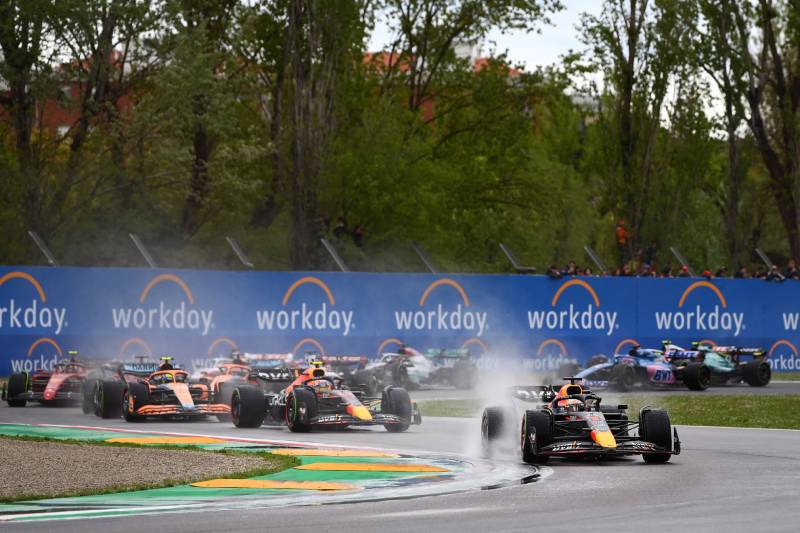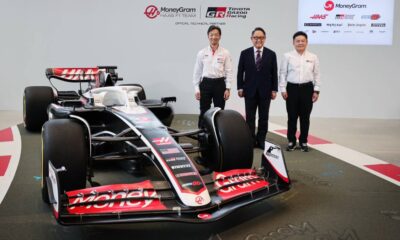Motorsport
F1 gave the EU the imaginary middle finger: the Queen of Motorsport has developed synthetically sustainable fuels. How are they advantageous?
Formula 1 has shown once again in the past period why it is still the true queen of motorsport, not only in terms of the attractiveness of racing, but especially in terms of politics. Indeed, F1 has developed a synthetic sustainable fuel that is set to be part of the sport beyond 2030. This is an imaginary middle finger to the European Union. Why?

Formula 1 has shown once again in the past period why it is still the true queen of motorsport, not only in terms of the attractiveness of racing, but especially in terms of politics. Indeed, F1 has developed a synthetic sustainable fuel that is set to be part of the sport beyond 2030. This is an imaginary middle finger to the European Union. Why?
Formula 1 has come up with an absolutely ingenious solution. From 2026, the queen of motorsport will use a new generation of hybrid powertrains, which is to include a new synthetic and sustainable fuel.
These fuels are produced through an industrial process and only emit carbon when they are burned. What’s more, the fuel can be used in standard combustion engines and could help the automotive industry decarbonise.
As has been shown again, and has almost always been the case historically, motorsport is showing the direction that the whole automotive industry should take.
Formula One can be said to have given the European Union the imaginary middle finger. It saw electromobility as the only possible option for the future. But F1 shows that it can be done differently and perhaps even more healthily.
In the past, Robert Reid, co-pilot of Richard Burns, who won the World Rally Championship in 2001, has spoken out on the subject of electrification. In his view, electrification and a switch to electric-only cars is not the only way to go, and Formula 1 proves it. Moreover, it will not meet everyone’s needs and the infrastructure in some countries is simply not ready for it.
The production of separate components is, after all, much less environmentally friendly than for combustion engines. This is also a technology that both automotive and motorsport are already very familiar with. And this makes it possible to make developments and important technical changes even in the short term.
F1 thus hopes that these synthetic fuels will help to reduce emissions and can be used worldwide. However, the European Union still expects to ban the sale of internal combustion engine cars from 2035.
The queen of motorsport also announced that synthetic fuel will reduce costs, especially in terms of the manufacturing process. This fuel will also include 100% renewable sources.
Sources: BBC, F1, Autosport












